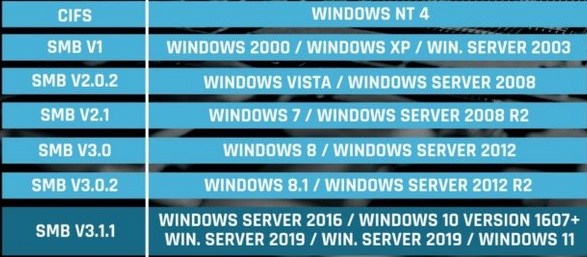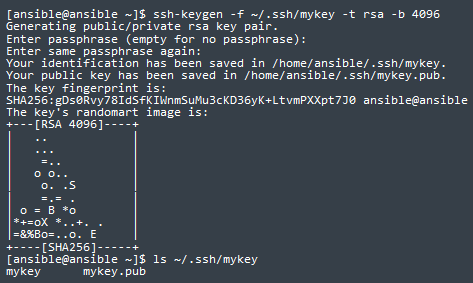Category security
For the purpose of this article, I give you an existing context. Imagine you have one server share.yourdomain.com that is an NFS server, and that shares a directory that we have named /heapdump Now imagine you have ten other linux… Continue Reading →
if you follow the step-by-step guide to install wazuh, you will also get to the step “securing your wazuh installation” in which a command is provided to replace all the default passwords: Then if you go back to your dashboard… Continue Reading →
Description of the problem In your company you have an internal URL for a server, for instance: myserver1.yourcompany.com. It means you have an entry for myserver1.yourcompany.com in your DNS server dns1.yourcompany.com. You also want to expose publicly this URL to… Continue Reading →
SELinux context not changed after semanage fcontext and restorecon Verify the order in which your SELinux rules will be applied You have the order in which the SELinux rules have been added. It is this order that will be followed… Continue Reading →
CIFS, SMB and NFS are protocols. And Samba is an implementation of SMB protocol on Linux OS. SMB (Server Message Block) SMB is a network protocol created by IBM for the share of resources (files and printers) in local networks…. Continue Reading →
/var/run/utmp => shows who is currently connected to the system. Not all the programs use utmp, thus you can have more users connected than displayed in utmp. /var/log/wtmp => is an historical record of utmp data /var/log/btmp => record of… Continue Reading →
Note: for the whole article, I will work with a linux user called ansible on a host called also…ansible! 🙂 ssh-keygen When you use ssh-keygen you will generate a private and public key pair. And you’ll have to choose which… Continue Reading →





